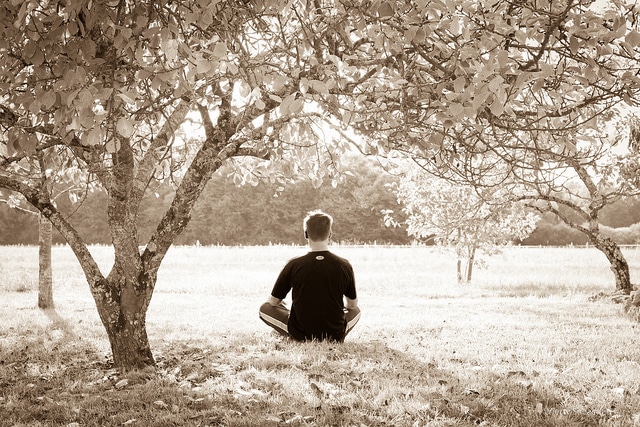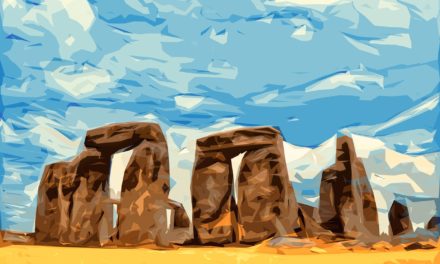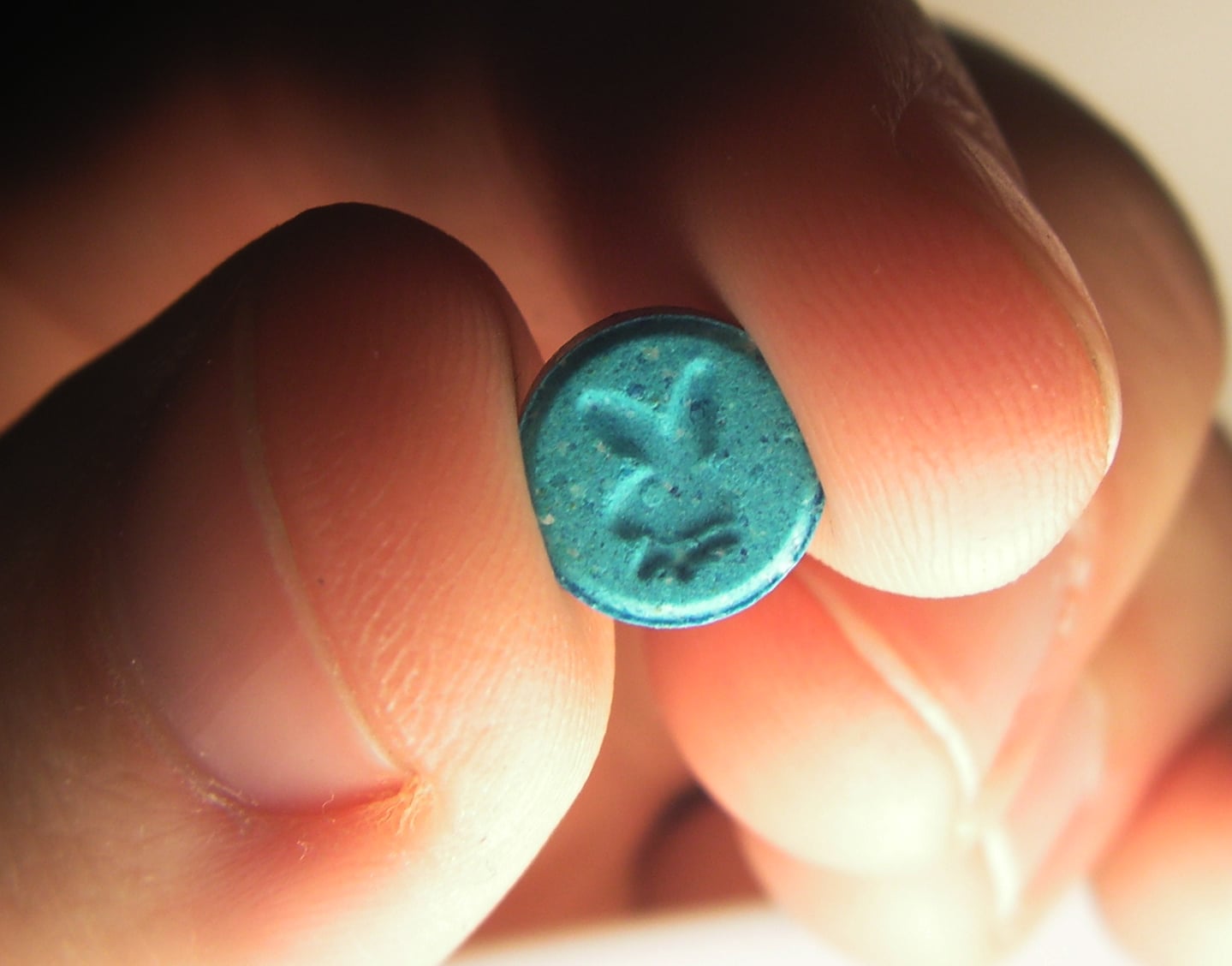
James Jesso is an author and podcaster with a mission to bring psychedelics to the world. | Image Source: jameswjesso.com
James Jesso is part of the new generation of psychedelic pioneers. He is an author of three books on psychedelics — Decomposing the Shadow: Lessons from the Psilocybin Mushroom, Soundscapes & Psychedelics, and The True Light of Darkness — and has traveled throughout the world speaking on the benefits and challenges of psychedelics. James also hosts the crowd-funded podcast ATTMind Radio, where he discusses psychedelics as well as other issues such as emotional maturity and new relationship models. We had a chance to speak with James about his fascinating work while he was globetrotting around Australia, Thailand, and Cambodia.
How were you introduced to psychedelics, and how did you come to realize that speaking about psychedelics was one of your core missions in life? Was it a singular experience or a thread that developed over time?
My initial invitation into psychedelic culture came as a side to cannabis culture in high school. Growing up in Canada, though there was still a strong DARE propaganda movement in my childhood, my adolescent and teenage years came with a general sense of ease around cannabis use. This isn’t to say it was welcomed or sanctioned; it was still something to hide from authority figures for fear of punitive repercussion and shame. So from a relatively early age, I was exposed to some trickles of cannabis culture while being granted access to it amongst my school friends. As I deepened my relationship with cannabis, I started to become interested in mushrooms around the age of fifteen.
A better run down of my first encounters with mushrooms can be found in Decomposing The Shadow, but it was ultimately juvenile and unskilled. My behaviors, mentality, and style of use developed into my early twenties as I extended my experiential interests into LSD and MDMA, but it led to self-destructive behavior. I had immersed myself in a pretty dark place, but thankfully, the inner circle I surrounded myself with were people who were creatively engaging, intelligent, and insightful, and through them came the seed of future transformation. Some of those seeds eventually led me to work with psilocybin as an ally for addressing mental illness. Throughout my process of working with them, they revealed the much deeper patterns from which all my behavior, both destructive and constructive, emerges from and the role that navigating emotions in the present moment plays in the overall health of ourselves and society.
What I learned from the mushrooms so positively influenced my life and — through conversation — the lives of others, that I felt I needed to share it. Exactly how I decided it was a core mission — that I needed to write a book and travel to speak about it around the world is more wrapped in the mysteries of being, the dynamic forces of synchronicity, and the unique potentialities of myself at that time in my life than it it is a rational continuity of events.
Terrence McKenna spoke a lot about sexuality in broad terms as part of the “archaic revival” that psychedelic use was a part of, but in your podcast and writings, you go into greater detail about things like polyamory, intimacy, tantra, and so forth. How do you see the relationship or overlap between sexuality and psychedelics?
Stanislav Grof, a famous researcher and psychiatrist whose work with LSD opened an entire world of potential within the study of psychology, makes the claim that the urge to ecstasy is as natural a drive in humans as the urge to sexuality. For me, they are expressions of the same urge: to merge into another level of being. With either psychedelics or sexuality, there is a releasing of boundaries, a raw intimacy, and an altered state that can carry you to places unfathomed, all while being exposed to various layers of your own being. And in both sexuality and psychedelics, immaturity and ignorance can limit the potentials of such experiences to be truly transformational.
This isn’t necessarily to make a case for things like contemporary “tantra,” which can often be an evasion of real transcendence by masquerading physical sensation as spiritual transcendence; but in sexuality, as in psychedelics, there is an opportunity to really open into new understanding of yourself and your lover. There is also an opportunity for opening up deep patterns of conditioning from our past, which in turn can elucidate what holds us back and who we might be when we learn to skillfully navigate those lesser known aspects of who we are.
In your latest book The True Light of Darkness you recount some of your darkest “bad trips” on psilocybin mushrooms. Most people who advocate for psychedelics focus on the positive aspects that come from psychedelic use. Why is it important to shine a light on the dark side of psychedelic experiences?
Many of us, especially in the Western world, are so dissociated from the traumas (micro and mega) inside us and conditioned to omit and evade any expression of those traumas, to run away from or fight against the hard parts of life and unilaterally bolster only the good feelings, that we become defensive against the dark. Thus when the dark feelings come in, our nervous system responds to them as threat and we become activated into a massive cascade of ‘defensive’ behaviors. These behaviors are often quite detrimental to our quality of life in regards to how they influence the way we show up to the world around us, our opportunities, and our relationships. This is a part of human life and we all do this to some degree or another, which provides space for self-compassion.
What psychedelics can offer us when we choose to allow a surrendering into our darkness is to make us familiar with it, reassured and confident in knowing that aspect of who we are. In turn, we can cultivate that type of surrendered presence to our darker emotions as they arise and be with them rather than defend from them. In turn, we free up bandwidth from the nervous system so as to allow it more energy into growth and restoration, gratitude, love, and play. However, this is not an automatic result of going to the dark place and requires some form of guidance and cultivated skill.
For me, I felt offering my honest and vulnerable journeys into those dark places, with both the skilled and unskilled choices I made, could offer people a positive referencing point for those journeys in themselves.
Thanks for speaking with us, James!










